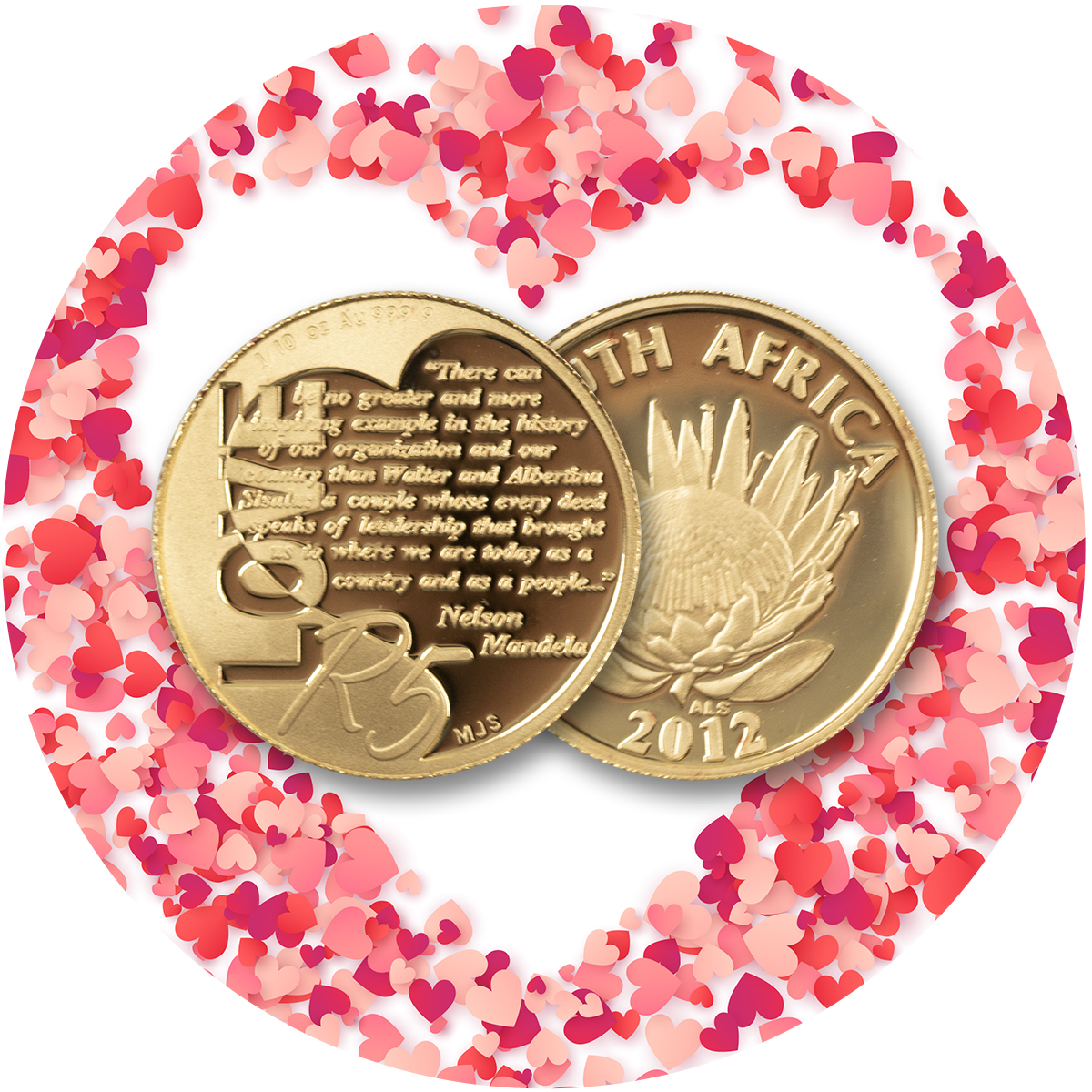When Cape Town’s DHL Western Province couldn’t train together as South Africa went into strict lockdown, the rugby team found novel ways to stay connected, socialize and keep their team spirit alive.
DHL Western Province are now back on the rugby pitch taking on the Cell C Sharks in the Carling Currie Cup semi-final on Saturday, 23 January, but last year the players were at home baking crumbles, rapping and trying to write songs in Afrikaans – competitively.
When South Africa entered a strict lockdown in March 2020, DHL Western Province Head Coach John Dobson had to consider the best methods of keeping the team cohesive and create a spirit of community and competition.
“When we first went into hard lockdown here, we thought we’d be playing again in three weeks. We had maximum energy, so the guys were divided into four groups so that they could compete against each other from home,” says Dobson.
“They were doing bake-offs, singing competitions, broken telegraph storytelling… it was fun.”
Besides the daily Zoom calls focusing on rugby skills, the players enjoyed the virtual social activities, which helped keep up the banter they were missing.

“The baking competition was won by one of our guys, who is also a Springbok national player. He made an apple crumble, but it was suspiciously good. Going into the oven, it wasn’t quite the same shape as it was when it came out,” laughed Dobson.
The guys also boosted their musical talents, with each player delivering a verse of a rap song or singing unaccompanied.
But three weeks became six months before the team could get back on the field. Thankfully, the virtual socialising restrictions eased to allow players to focus on their physical wellbeing during an extended and difficult lockdown.
“Once it became clear that we weren’t getting back soon, we told them to focus on their friends and family,” said Dobson.
“It was hard because it felt like you weren’t doing your job. You could feel people getting more stressed. I feared the team was becoming unhappier, and that we were losing the players. Those are the emotions you go through as a coach.”
The team did, however, use this time to prove that its players are both mentally and physically strong, a testament to the team’s partnership with Red Bull.
“I was keeping fit during the lockdown in my home gym,” said flanker and South Africa captain Siya Kolisi. “I’m fortunate to have a great set-up at home, so it was nice to train with my wife, kids and siblings during the period.”

He enjoyed the extra family time but missed seeing his teammates in person.
Once they knew when they could train again, the team resumed the virtual challenges and contests. Social outreach work also helped them throughout the year.
“Our guys were in townships and rural areas giving food, mostly from food donations. They got a lot out of that. They raised quite a lot of money and even donated from their own pockets. The outreach was magnificent,” said Dobson.
Rugby can be quite stratified, with teams comprised of experienced senior internationals and young under-20s. The team-building exercises help break down those layers.
“I’m especially proud of the team’s ability to break down barriers during the lockdown, even though it was tougher. We made it a point to continue breaking down class, race, age, amount of test caps,” said Dobson.
“Every Friday we’d have the whole group in for a virtual beer and an awards ceremony. The whole idea was to get everyone to know each other better.”
The DHL Western Province coach admits the journey was and still is a tough one.
The team is one of the biggest rugby club sides in the world and has the biggest support in the southern hemisphere. Before lockdown, they would typically draw crowds of 45,000 – now the players walk into an empty stadium.
“We go into our stadium with nobody, so there’s a lack of energy and that is directly correlated. We’ve got to find a way to counter that and motivate ourselves, this is going to have to be internal,” said Dobson.
They also must adapt to playing at a different time of the year, the South African summer. That does, however, bring greater opportunities and the chance to be outside more.
“Things are becoming much more normal here. We can do all sorts of things like train on the field. We’ve got much more scope of when we train, how we train and how we mix.”


















